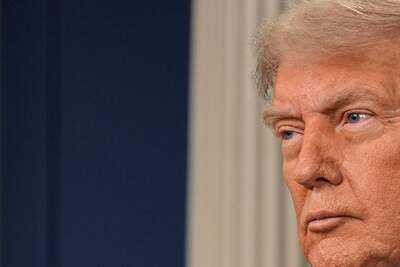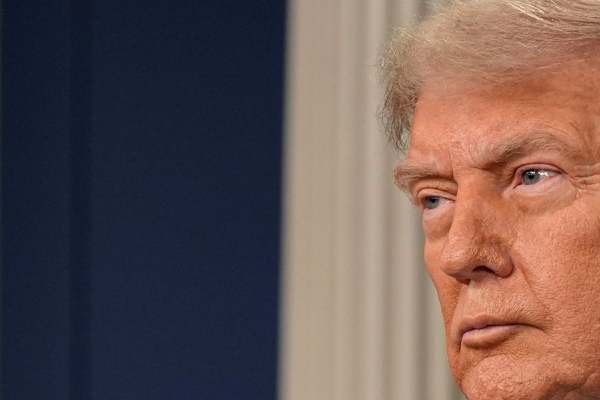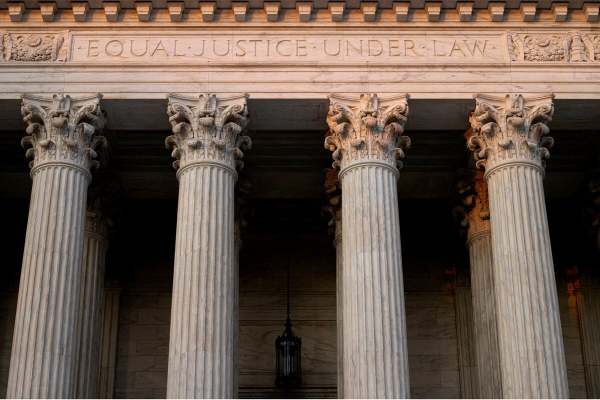
Washington DC - A federal judge on Thursday halted President Donald Trump's order restricting birthright citizenship, as opponents of the policy pursue a new legal avenue following the Supreme Court's overturning of a previous block.
 A federal judge on Thursday halted President Donald Trump's order restricting birthright citizenship, as opponents of the policy pursue a new legal avenue. © REUTERS
A federal judge on Thursday halted President Donald Trump's order restricting birthright citizenship, as opponents of the policy pursue a new legal avenue. © REUTERS
The high court's conservative majority delivered a landmark decision in late June that limits the ability of individual judges to issue nationwide injunctions against presidents' policies.
Several such judges had, in fact, blocked Trump's attempt to end the longstanding rule, guaranteed in the Constitution, that anyone born on US soil is automatically an American citizen.
However, the Supreme Court left open the possibility that orders could be blocked via broad class-action suits against the government.
Trump's opponents quickly filed new class-action suits seeking to block again the executive order.
On Thursday, Judge Joseph Laplante of the US District of New Hampshire granted class-action status to any child who would potentially be denied citizenship under Trump's order. The judge ordered a preliminary halt to it as legal proceedings carry on.
The judge delayed his ruling for seven days to permit the Trump administration to appeal.
Cody Wofsy, a lawyer with the American Civil Liberties Union (ACLU) who argued the case, called the ruling a "huge victory" that "will help protect the citizenship of all children born in the United States, as the Constitution intended."
Trump's executive order decrees that children born to parents in the US illegally or on temporary visas would not automatically become citizens – a radical reinterpretation of the 14th Amendment to the US Constitution.
 The Supreme Court avoided ruling last month on the constitutionality of Trump's executive order and only addressed the issue of nationwide injunctions. © REUTERS
The Supreme Court avoided ruling last month on the constitutionality of Trump's executive order and only addressed the issue of nationwide injunctions. © REUTERS
His administration has argued that the 14th Amendment, passed in the wake of the Civil War, addresses the rights of former slaves and not the children of undocumented migrants or temporary US visitors.
The Supreme Court rejected such a narrow definition in a landmark 1898 case.
The current high court, with a 6-3 conservative majority, avoided ruling last month on the constitutionality of Trump's executive order and only addressed the issue of nationwide injunctions.
It nonetheless permitted the order to go ahead but delayed its ruling from taking effect until late July to allow for new court challenges.
Several lower courts, in issuing their previous injunctions, had ruled that the executive order violated the Constitution.